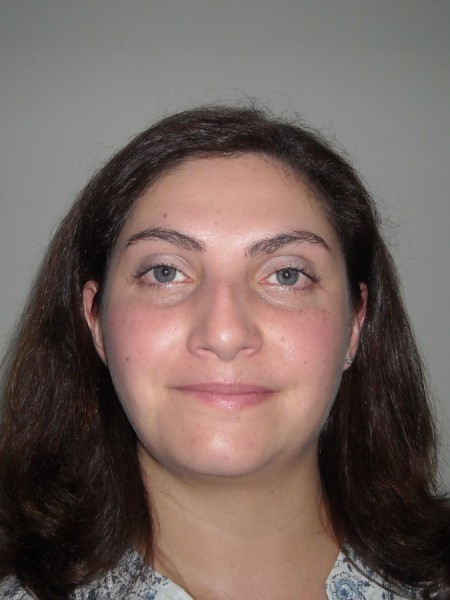resumo
The search for new polymers from renewable origin is a sparkling field in polymer chemistry, especially those having promising properties, for example, in terms of their thermal performance. In this vein, in this study, an original renewable 2,5-furandicarboxylic acid-based cycloaliphatic homopolyester, poly(1,4-cyclohexylene 2,5-furandicarboxylate) (PCdF), is synthesized from dimethyl-2,5-furandicarboxylate and 1,4-cyclohexanediol. Poly(1,4-cyclohexanedimethylene 2,5-furandicarboxylate) is also prepared for comparison purposes, since it is the direct renewable substitute of poly(1,4-cyclohexanedimethylene terephthalate) and they are structurally related. The resulting homopolyesters are characterized in detail by using attenuated total reflectance Fourier transform infrared, H-1, C-13 and 2D NMR, X-ray and elemental analysis, and thermal properties are assessed by thermogravimetric analysis, differential scanning calorimetry, and dynamic mechanical thermal analysis. PCdF shows to have a semicrystalline character, exhibiting an extremely high glass transition temperature around 175 degrees C. Moreover, this polyester also shows to be a high thermally stable material with a degradation temperature of 380.0 degrees C.
palavras-chave
BUTYLENE FURANDICARBOXYLATE) COPOLYESTERS; 2,5-FURANDICARBOXYLIC ACID; POLY(BUTYLENE 2,5-FURANDICARBOXYLATE); THERMOMECHANICAL PROPERTIES; DIMETHYLENE TEREPHTHALATE); PHYSICAL-PROPERTIES; POLYESTERS; DEGRADATION; FURANOATE); BEHAVIOR
categoria
Polymer Science
autores
Matos, M; Sousa, AF; Silvestre, AJD
nossos autores
agradecimentos
FCT and POPH/FSE are gratefully acknowledged for funding a doctoral grant to M.M. (PD/BD/52501/2014) and post-doctoral grant to A.F.S. (SFRH/BPD/73383/2010). This work was developed within the scope of the project CICECO-Aveiro Institute of Materials, POCI-010145-FEDER-007679 (FCT Ref. UID/CTM/50011/2013), financed by national funds through the FCT/MEC and when appropriate cofinanced by FEDER under the PT2020 Partnership Agreement.




